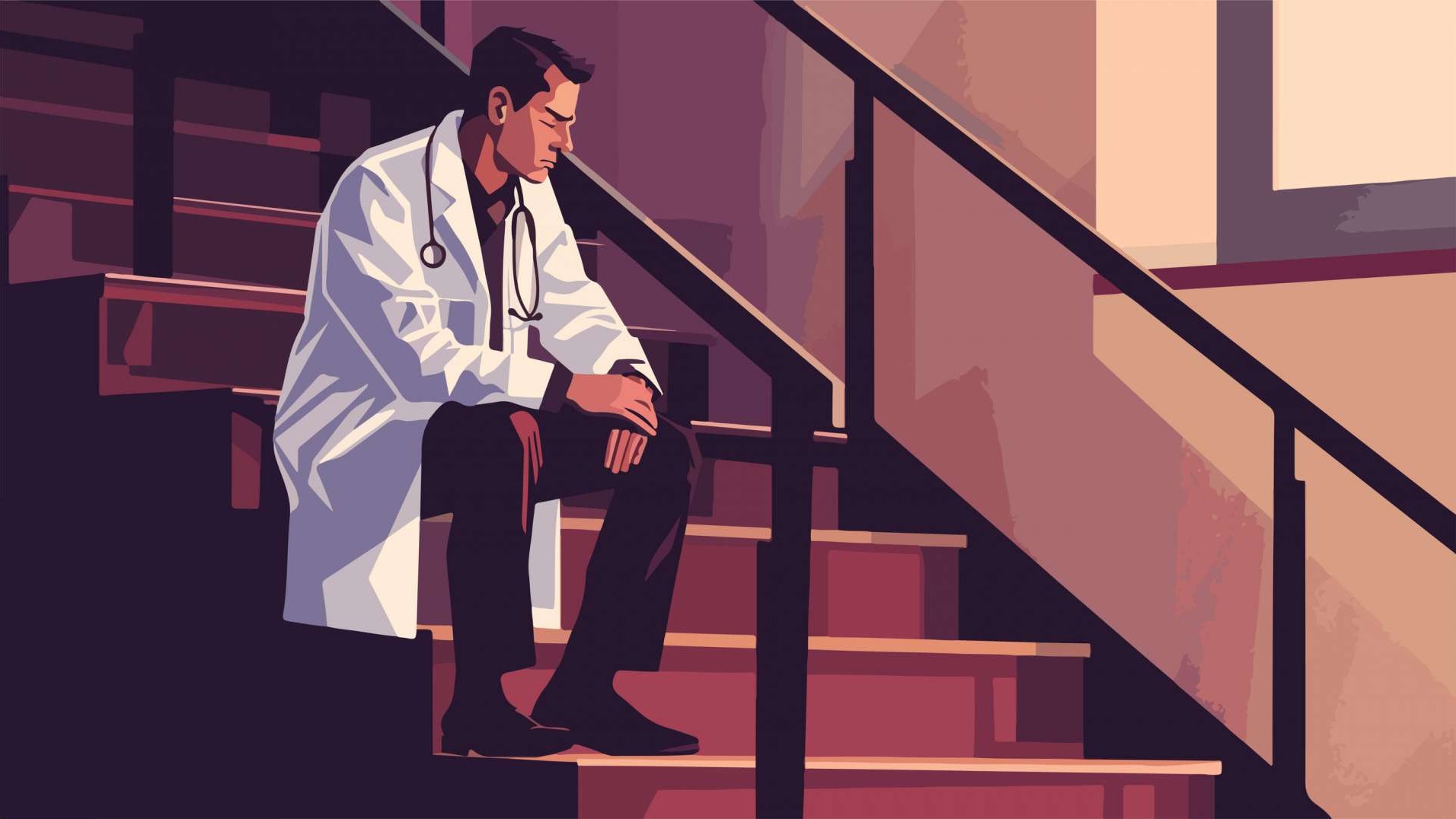
Understanding the Shift: Why Doctors Are Leaving Insurance-Based Care
The landscape of healthcare is rapidly transforming, with many physicians opting out of traditional insurance-based practices. This shift is not just a personal choice; it reflects a complex interplay of frustrations that affect both doctors and patients. A combination of administrative hurdles, such as utilization management, and the rising tide of physician burnout is propelling practitioners towards alternative care models.
Utilization Management: A Barrier to Quality Care
Utilization management tactics employed by insurance companies, such as prior authorization and step therapy, are creating significant barriers for healthcare providers. Research conducted by the American Journal of Managed Care highlights how these practices convolute treatment decisions, leading doctors to feel less satisfied with their roles. A staggering 95% of physicians indicated that such constraints interfere with their professional responsibilities, ultimately detracting from patient care.
When medical decisions are dictated by insurance protocols rather than clinical judgement, the results can jeopardize patient outcomes. Doctors often find themselves spending more time navigating the bureaucracy than actually treating patients, thus contributing to a decrease in job satisfaction and an increase in feelings of burnout.
Burnout Rates: A Disturbing Trend
The ramifications of such utilization management strategies are profound, with burnout becoming an ubiquitous challenge within the medical community. A recent American Medical Association survey reported that physician burnout rates have dipped below 50% for the first time in four years, yet the issue persists. The decrease in burnout is a promising development, but experts warn that it might not indicate a long-term solution. It highlights the need for systemic changes in healthcare practices to ensure that physicians can thrive. Notably, 64% of physicians suffering from burnout have considered exiting the profession altogether.
Future Predictions: Healthcare's New Paradigm
As the medical field evolves, a paradigm shift toward more patient-centric models is emerging. One possibility is the rise of direct primary care, where patients pay a flat fee for access to their physicians. This model eliminates the convolutions of insurance and empowers doctors to prioritize patient care. As more practitioners seek joy in their work, these alternatives become increasingly attractive, posing a question for policymakers: how will the healthcare system adapt to this change?
Action Steps: What You Can Do
As individuals navigating our own healthcare journeys, understanding the motivations behind these shifts is crucial. To foster better healthcare, patients can advocate for policies that reduce administrative burdens in medicine. Support initiatives aimed at empowering physicians to focus on patient care rather than insurance stipulations; these changes could alleviate the stress that leads many practitioners away from traditional insurance-based practices.
The Value of Knowing: Improving Your Health and Wellness
For suburban professionals aged 25-50, appreciating the intricate relationship between healthcare policies and the quality of care received can enhance your overall well-being. By staying informed, you can better advocate for your health needs and support physicians in their quest to provide quality care. Everyone benefits when doctors can do what they love—caring for patients.
Conclusion: A Call to Engage with Your Healthcare
As we witness the reshaping of healthcare practices, it’s evident that the voices of both patients and physicians should matter in this dialogue. Stay engaged with the issues surrounding health and wellness policies, and advocate for systems that promise a higher quality of care for everyone.
 Add Row
Add Row  Add
Add 




Write A Comment